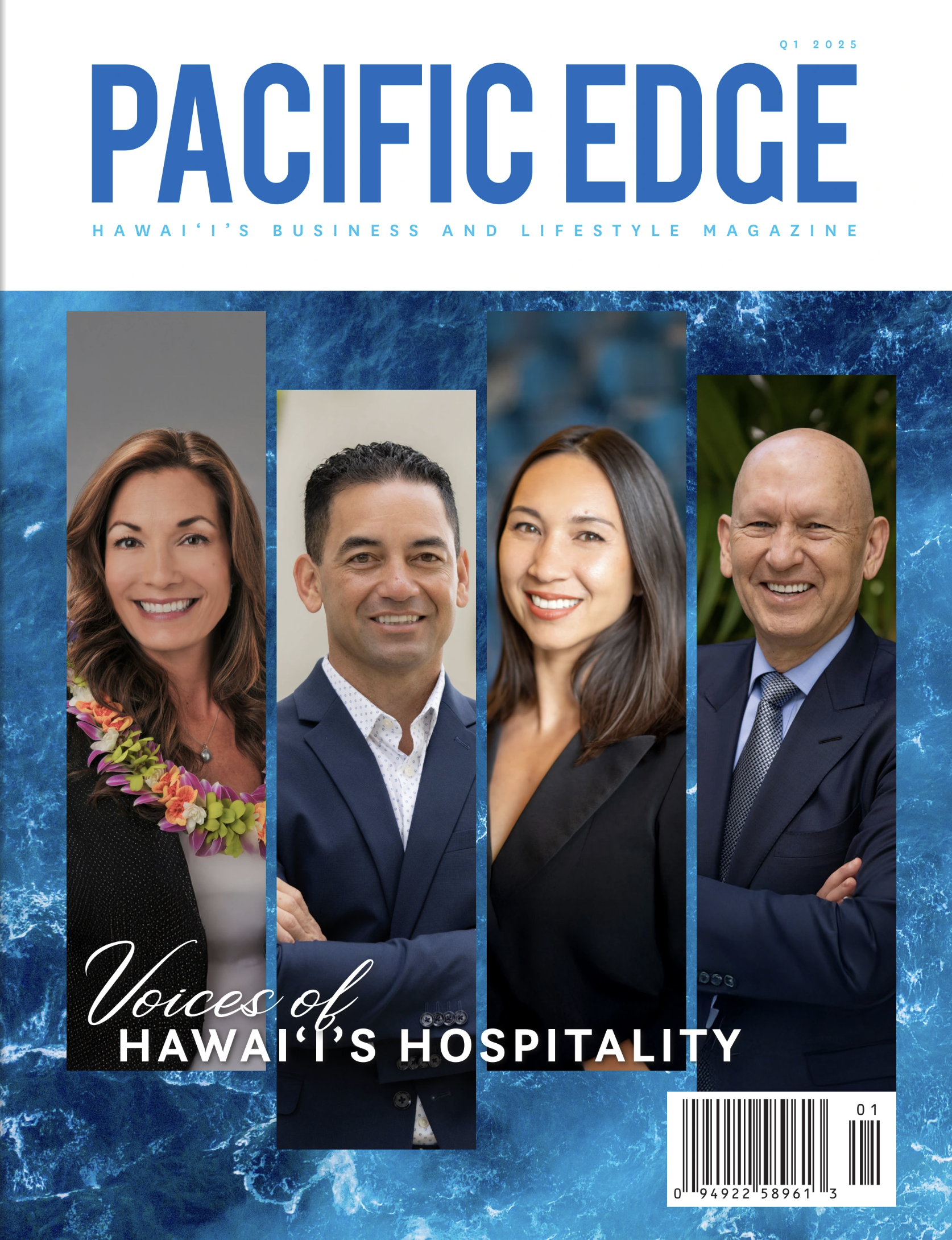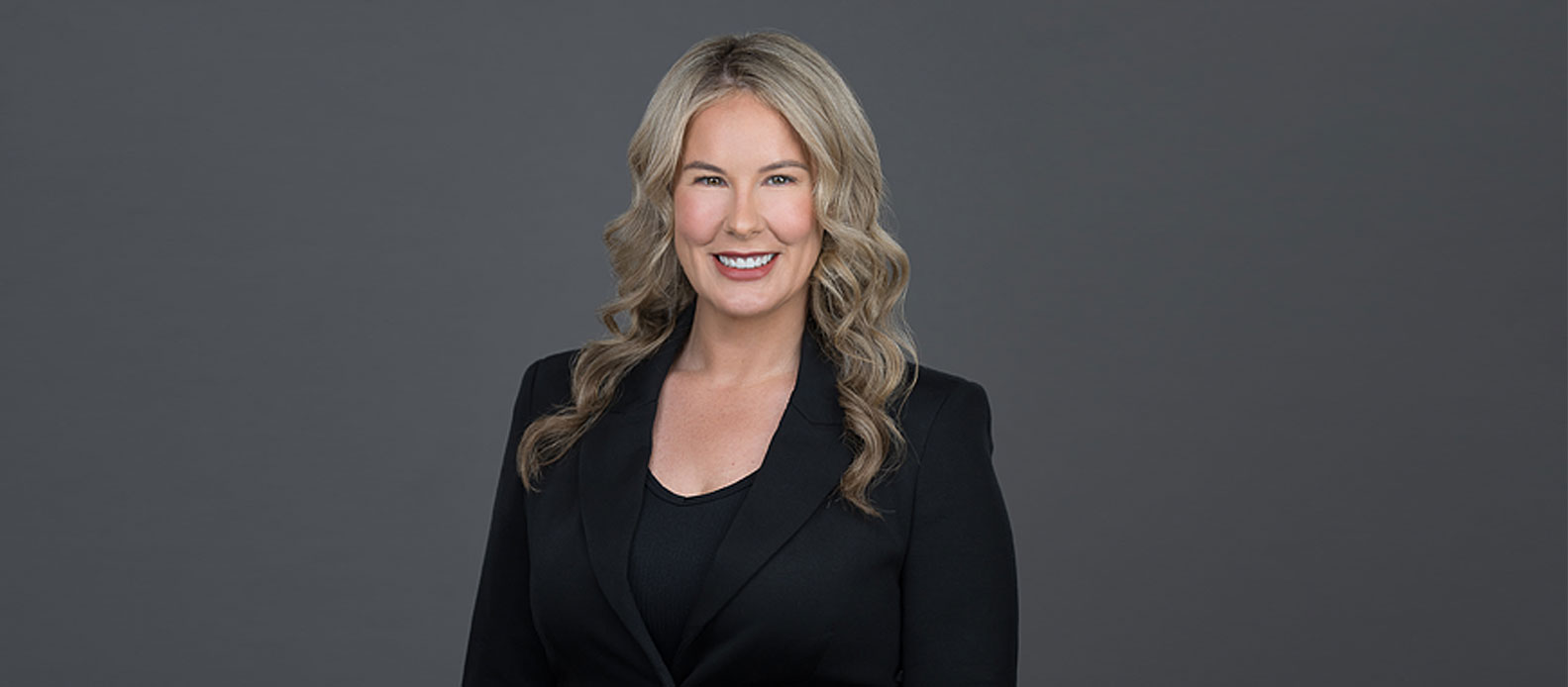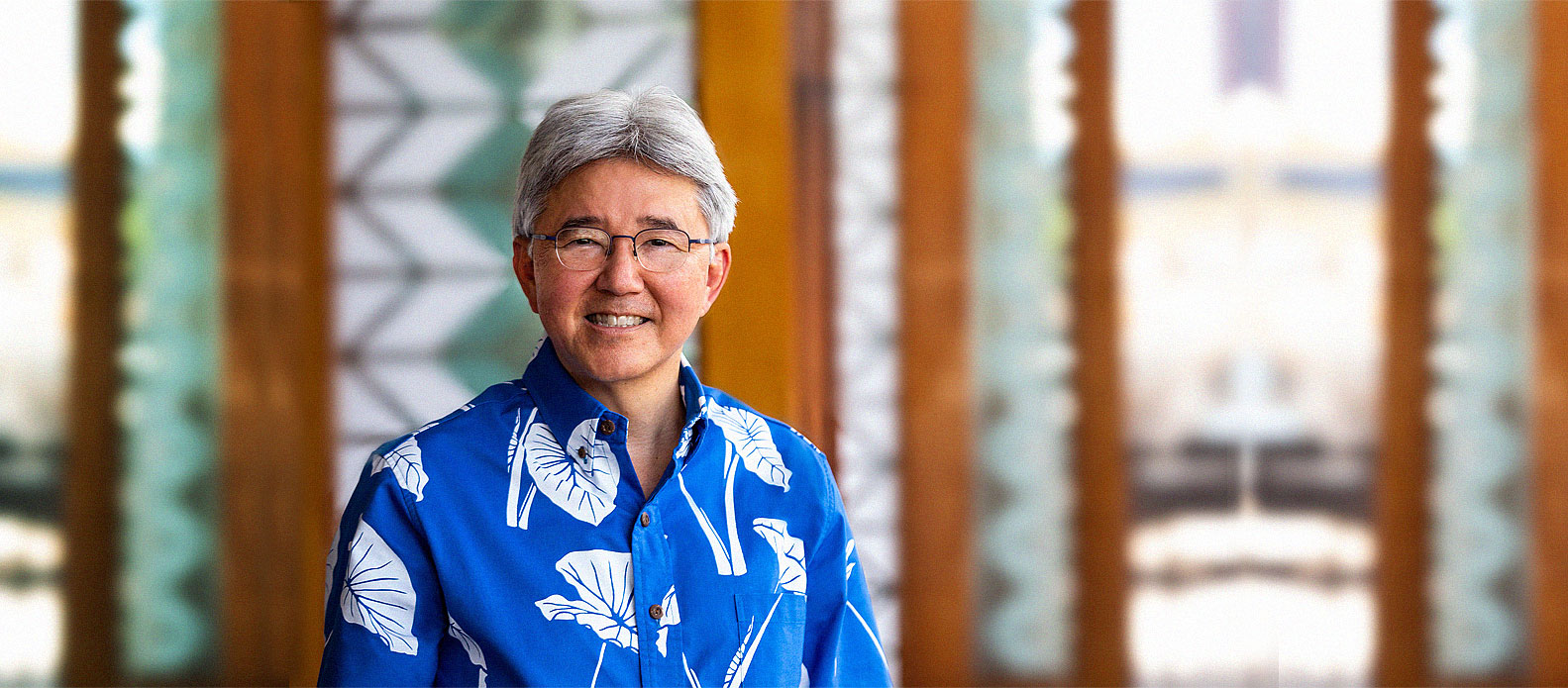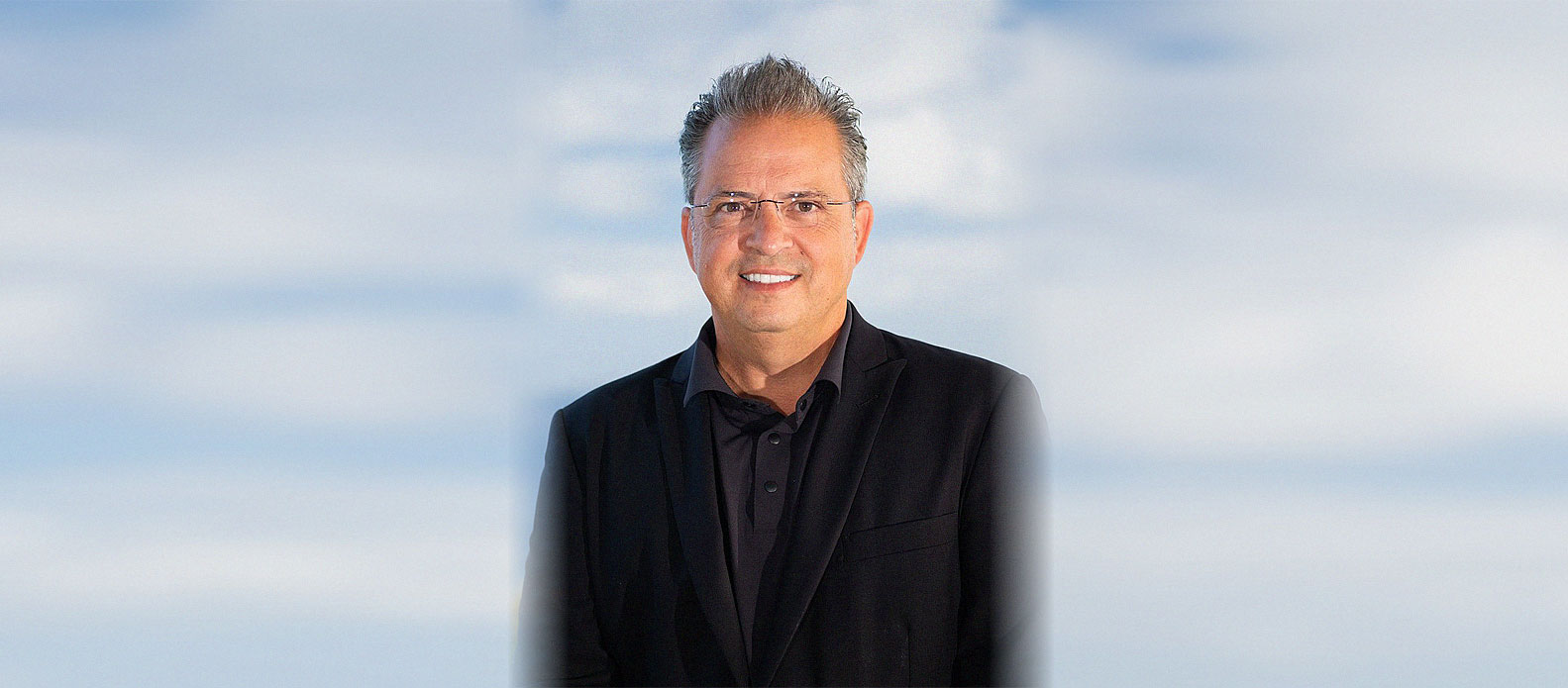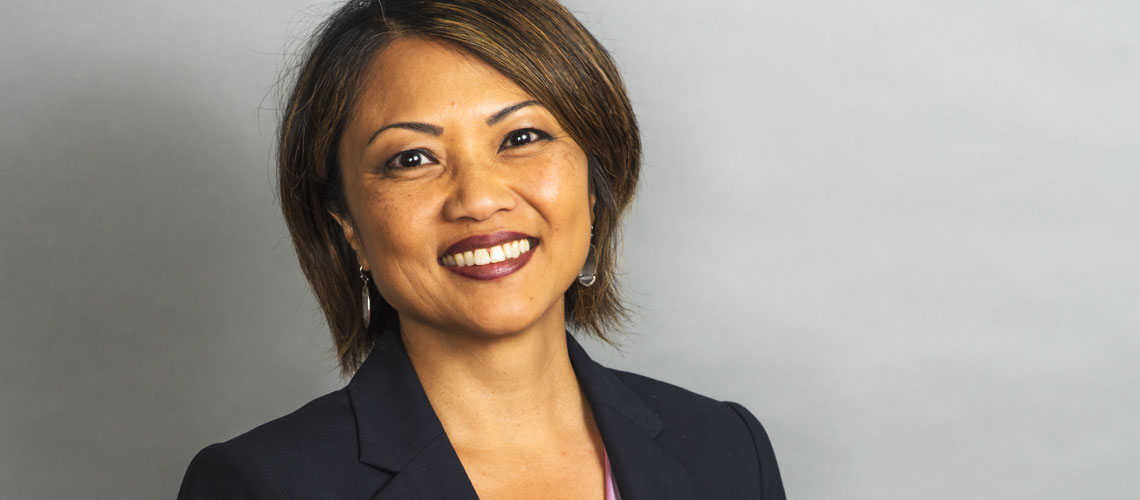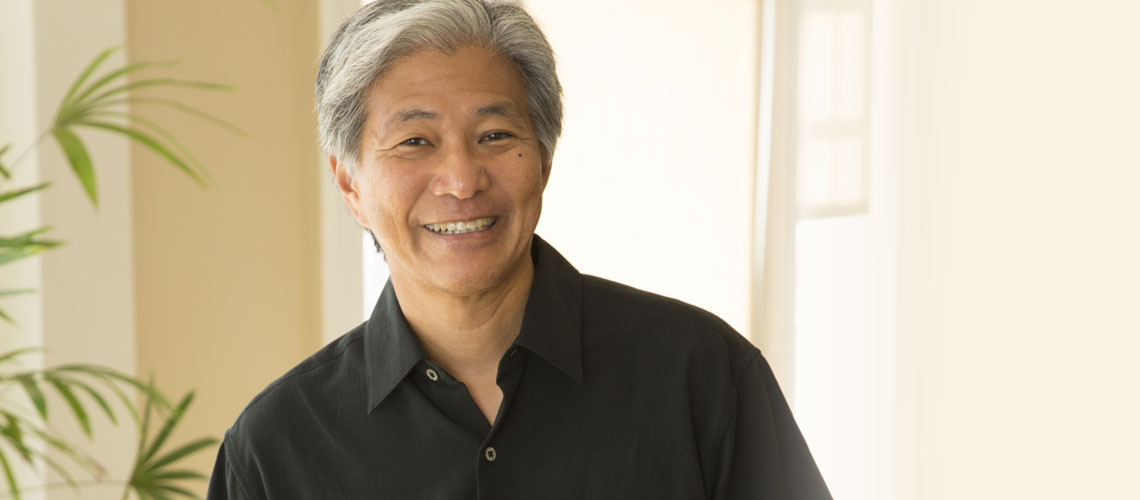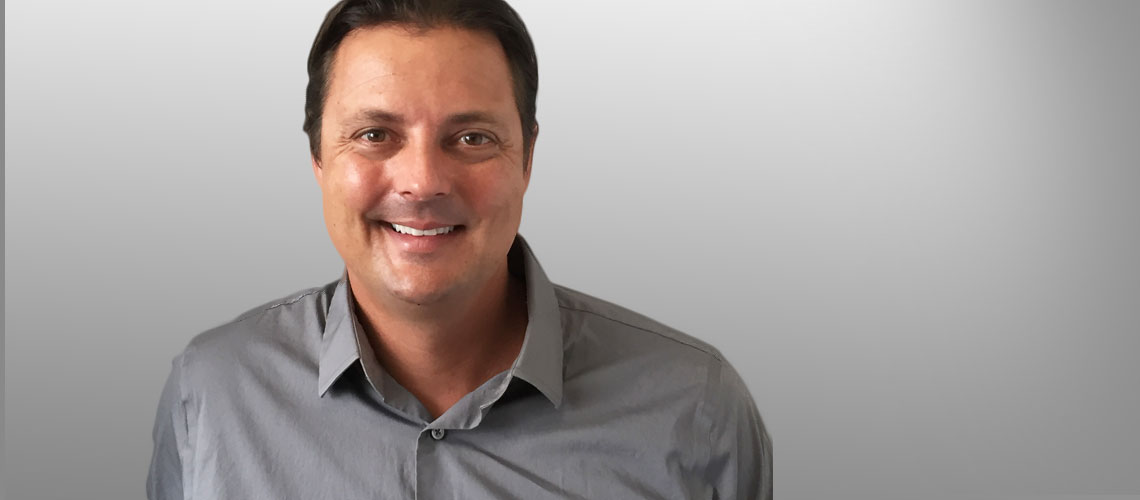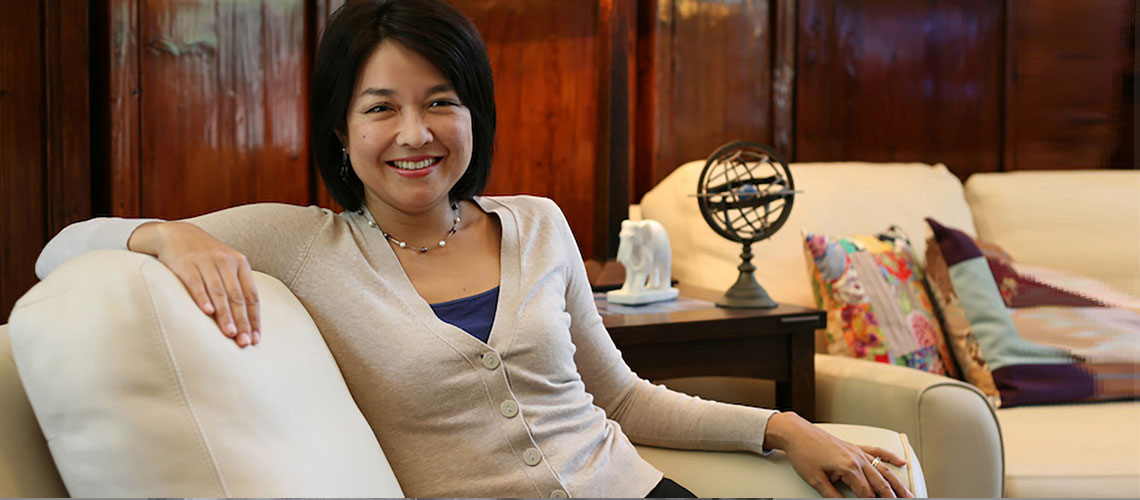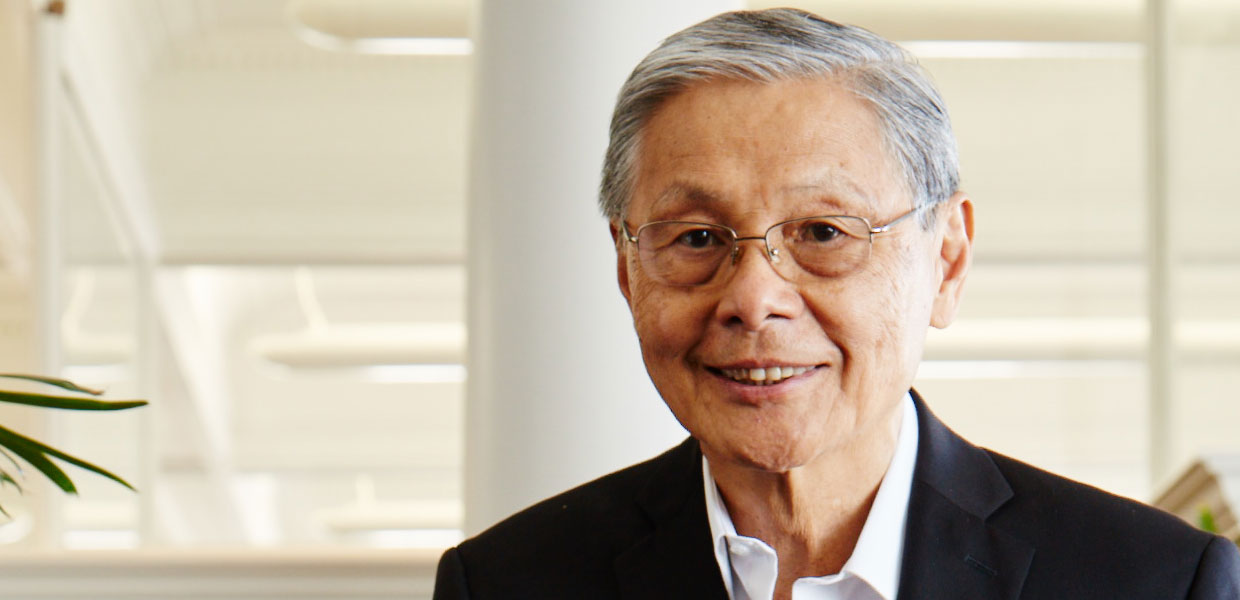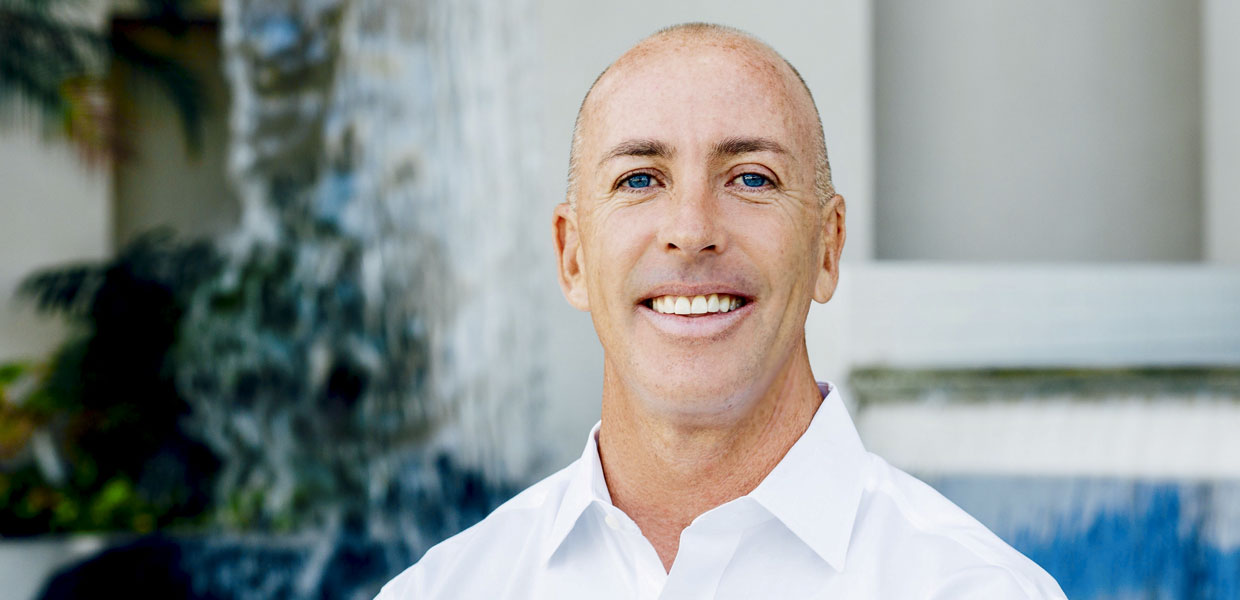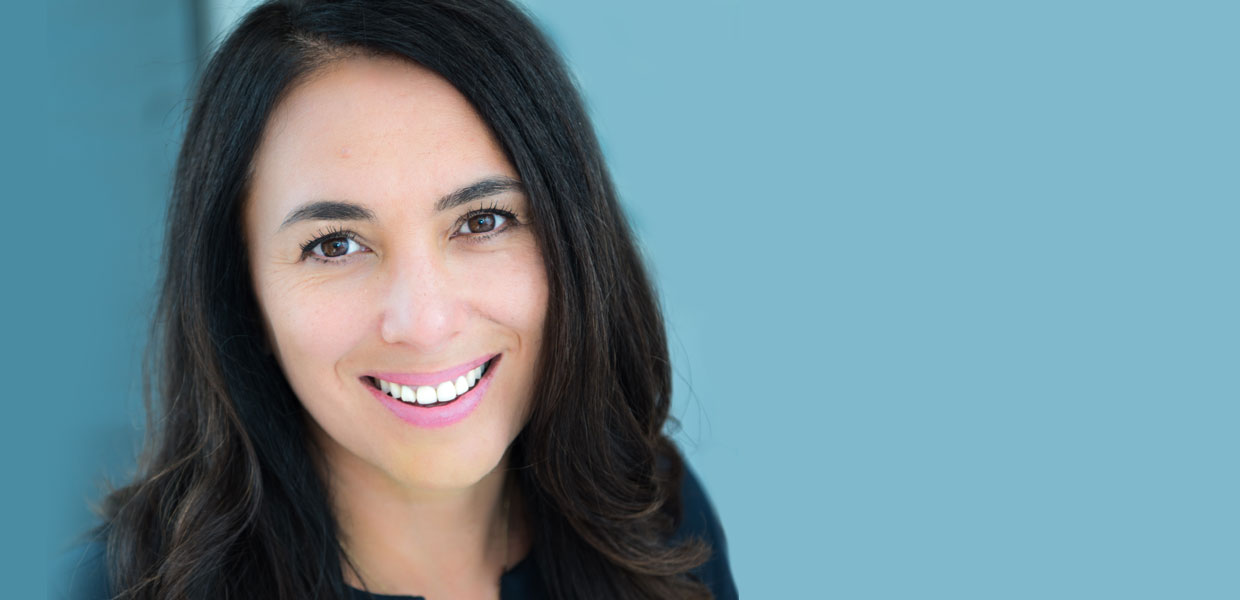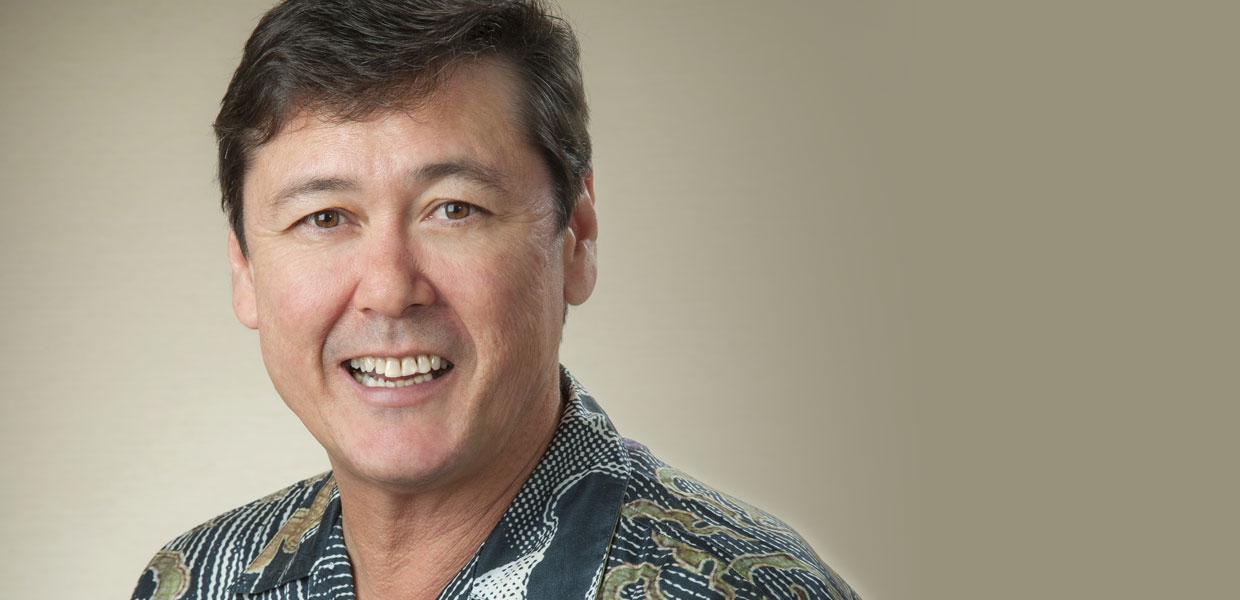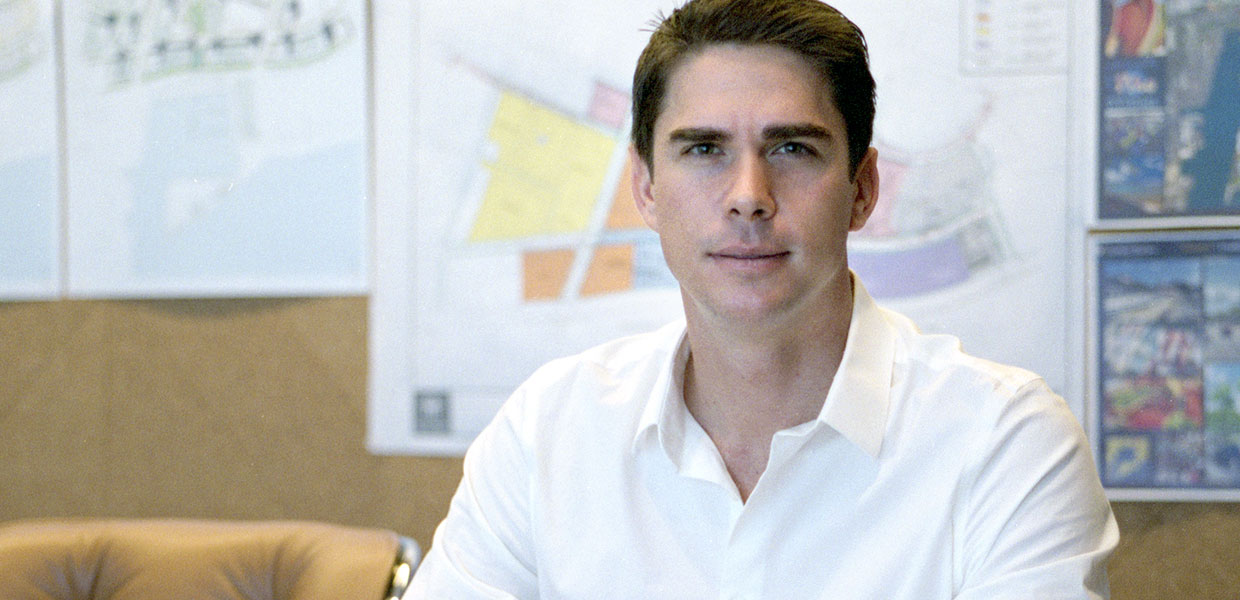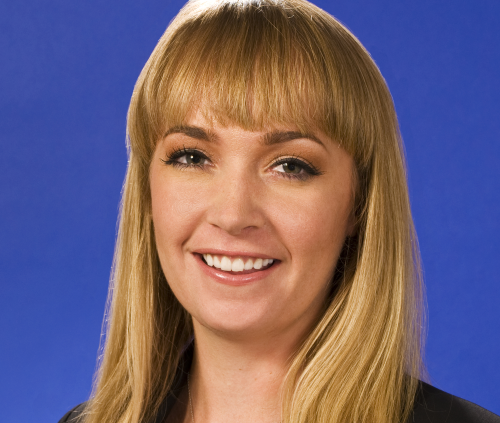Mark de Reus, founding design partner at de Reus Architects, integrates planning, architecture and landscape to develop high-end resorts and private residences that showcase a sense of place and timeless aesthetics.
by KEVIN WHITTON
Successful people never stop learning. Mark de Reus, founding design partner at de Reus Architects, is one of those successful people. In fact, his design philosophy requires ongoing study with every new project.
With a penchant for holistic design that seamlessly intertwines structure and place, understanding the client and the project’s natural surroundings and culture is the cornerstone of his art. De Reus has achieved balance between his practice’s artistic and practical efforts, which has earned him an equally strong reputation for his architecture and his management.
YOU USE THE WORD “HANDCRAFTED” TO DESCRIBE YOUR DESIGN METHOD. HOW AND WHY ARE DE REUS ARCHITECT PROJECTS HANDCRAFTED?
Over the years we’ve developed a highly customized and steady approach to resort development—we hand-tailor it to reflect the spirit and soul of each location. Our overall view and philosophy of handcrafting spaces begins with fitting the entire architectural program into the land. As the process moves from the general to the specific, it’s a continual refinement where we’re testing options against each other and developing ideas along the way. There is a continual process of refinement at all these levels. The planning and design of a building and landscape, developed together as one effort, has become the philosophical cornerstone of our practice.
The traditional approach involves a planner taking a broad look at the project, then handing it off to the architect. With that approach, we find that there is a lack of collaboration that stifles creativity and cohesion.
Over the years, we’ve developed both our planning and architecture studios, and it’s become a very holistic effort for us, which our clients really appreciate. Our holistic approach involves integrating planning, architecture and landscape as one expression, from big-picture ideas to the smallest architectural details.
The process for designing each of the buildings is the same. We’re designing the gardens and the surroundings around each of the buildings together as one.
HOW DO YOU ACQUAINT YOURSELF WITH THE CLIENT AND THE PLACE IN ORDER TO FORM AN ARTISTIC INTERPRETATION OF THEIR NEEDS AND DESIRES?
In order to have the project feel rooted to the region and true to place, we extensively study the culture, the host community, wherever in the world that may be, and the land. The development has to address all those aspects so that it feels contextually relevant, like it truly belongs. For us, a project has to be a good fit with the community, region and the land. It takes a multifaceted approach to execute that vision.
This process is always tailored to the client. Developers usually have some idea of what they want to do.
We’re brought in to help refine their vision and make it a reality. It’s a very collaborative process.
RESORT AND RESIDENTIAL DESIGN SEEM TO BE AT OPPOSITE ENDS OF THE DESIGN SPECTRUM. IS THIS SO, OR ARE THERE SIMILARITIES? HOW DID YOU COME TO WORK IN THESE TWO ARENAS OF ARCHITECTURE?
Our clients, whether they’re developers or private owners of a residence, both appreciate and are drawn to inspired surroundings. They find value in handcrafted design. The hospitality industry, particularly five-star and boutique resorts, is trying to become more residential, less corporate and less formulaic. A lot of our expertise is from having worked in a lot of residential for the last 40 years. We’re very comfortable with that level of detail. We’re adding nuances and details to hospitality projects that have traditionally been overlooked. For example, when you enter a guest room, there’s thought that goes into seemingly mundane features like where to store your luggage once you’ve put your clothes away and what the service pantry with the coffee and tea looks like. We design specifically for that function so it’s nicely integrated into the overall form of the room.
A journalist that interviewed Elon Musk a few years ago asked him why General Motors designs
mediocre automobiles. Elon’s replied that General Motors doesn’t design with first principles—they design by analogy. Designing by analogy means that they’re refining past models and not looking at it from the start. When Musk designs with first principles, whether it’s SpaceX or the Tesla, he goes all the way down to the physics of the design problem and reasons up from there. This process is what allows for real innovation.
The hospitality industry has generally been known to design by analogy. They are implementing a design or feature simply because it’s like something else that was already done regardless of whether that solution is appropriate for the project. We like to push ourselves and our clients to follow the first-principles process.
Having the spectrum of a hospitality and residential background as well as experience in master planning allows us to telescope in and out of the design problem on a first-principles basis.
HOW DO YOU CAPTURE, HARNESS AND EVOKE THE SPIRIT OF A PLACE?
Each project is driven by our holistic approach of integrating planning, design and landscaping with timeless design as the end goal. For instance, we’ve been working on a hospitality project in Fiji for a few years. It’s on three islands that merge together as one island, which poses quite the challenge. You have to fit the buildings in very carefully and be very precise about how they fit on the land. The hillsides are steep, and there’s working with the natural characteristics of the island—you have to be careful about drainage, the impact to its natural resources and allowing the buildings to settle into the islands lightly.
I learned to appreciate natural systems early on in my career. A key influence I had back in college is the book Design with Nature by famous landscape architect Ian McHarg. It really clued me in to working with natural systems. It’s the basis behind the basic tenants for sustainability nowadays.
Another case in point is Punta Sayulita, a 33-acre residential resort community in Sayulita, Mexico. We used a triple-bottom- line sustainability model, balancing economic, ecological and community considerations throughout the resort. Drawing influence from the traditional Nayarit coastline’s architectural vernacular, we set just 62 residences on the site. The club amenities are integrated into a small, intimate little valley. They had to be handcrafted and hand-fit into the valley so that they felt natural and had a minimum impact, environmentally and visually, on the property.
DO YOU HAVE ANY ADVICE FOR ARCHITECTS READY TO MAKE THE JUMP FROM WORKING IN A FIRM TO STRIKING OUT ON THEIR OWN?
One of the things I like to suggest is to take lots of drawing classes or some sort of artistic effort to keep the hand-eye thinking going. In conjunction, there are several valuable classes that don’t always get put into the architectural curriculum, which are philosophy, debate and, most importantly, business classes. Those architects who are good in design and business are the ones who thrive.
There are certain books that have helped me along the way. Peter Guber’s Tell to Win shows how important storytelling is to the process of persuasion and collaboration. It’s really important to be able to speak in a compelling way about a project’s design, whether we’re trying to describe a design concept or milestone project to a client, the planning commission or the city council.
Another book I really is Art’s Principles by Arthur Gensler. He’s an iconic architect from San Francisco who started his own firm 50 years ago and grew it into one of the largest architectural firms in the world. The firm has always been known for high-quality services, and his book gives all these great tidbits of advice on how to manage the practice from a business perspective. I wish I had read the book 30 years ago.
We pride ourselves on structuring our practice so that we have a strong reputation in design and an equally strong reputation in management. In our profession, it’s not just an artistic effort—it’s also a practical effort. It just adds more value for the client when we can be very business-like and manage our affairs successfully. Then they don’t have to manage us.
There’s something else I came to understand a few years ago when my business partner, Steve Ewing, and I really felt the need to understand how millennials think, how they approach living and working.
Conversely, millennials need to try to understand how older generations think and approach things. We hired an outside consultant to lead some work sessions to help the whole office learn about each other. It was a really good exercise in trying to understand not just how different ages think, but also different personality types, which was part of the workshops.
SOME SAY THERE’S NO SUCH THING AS ORIGINALITY. DO YOU AGREE? DO YOU FIND INSPIRATION IN THE WORK OF OTHER ARCHITECTS?
In our practice, the innovation we strive for lies in how the design gets expressed for that client on that piece of land. When you’re working with building materials that have distinctive characteristics—stone, wood, concrete, steel—you have to work with their strengths and how they express themselves in a building.
There’s innovation and originality in how these things get put together, but we’re not going to reinvent the tree. We have to work with its intrinsic characteristics so it can span a space or stabilize a wall, whatever it is.
The originality side of our profession is on the edge of where the architects are making very sculptural forms. There’s varying degrees to originality. There’s a resort project we’re currently working on that has a relatively modest budget. We have to be practical in what we create for them. We’re not going to be able to afford strong, sculptural gestures and artistic objects. A lot of firms follow the trends of the day, creating objects and then determining its function within the object. They’re working on a purely exterior sculptural design while shaping sculptural spaces on the inside. Unfortunately, when architects do that, their client’s program becomes subordinate to the sculptural piece. That skill is a nuanced and high-level part of the game in architecture, and very few architects are good at it.
Sometimes architects will make an effort just for the sake of being different or trendy. By the time it’s built, or a year or two after the trend changes, it looks outdated and tired. Many cities—Honolulu included—are full of designs that try too hard or tried unsuccessfully to be clever. Doing certain details, moods and gestures just to be different doesn’t pass the test of timelessness. The inspired design is a relatively moderate percentage of what gets built. We’re doing our part to help combat that.



